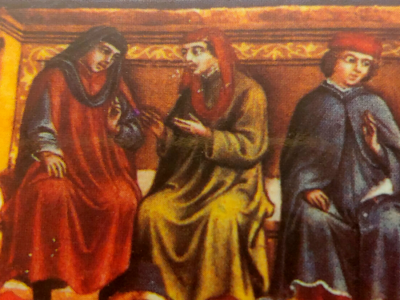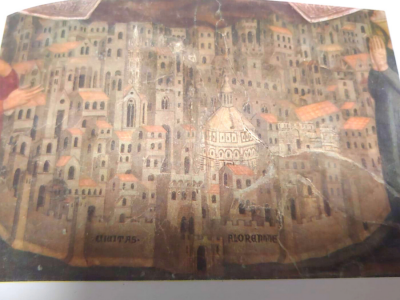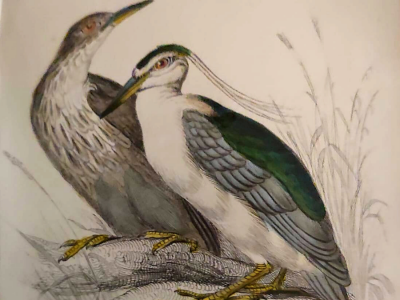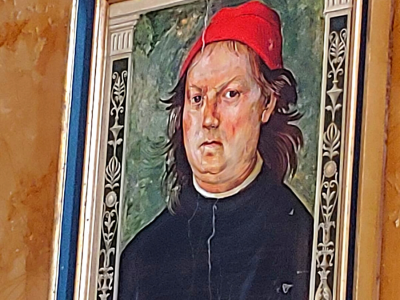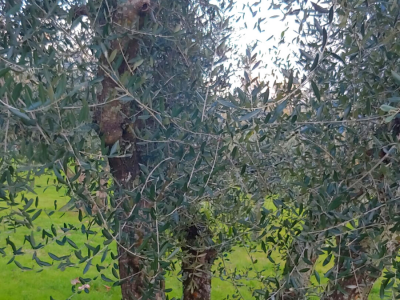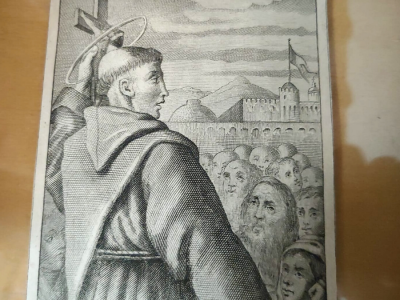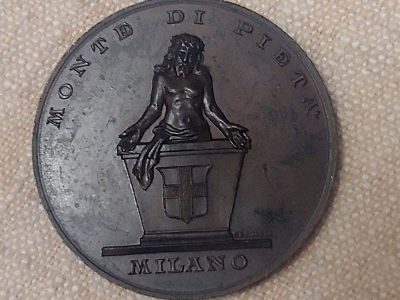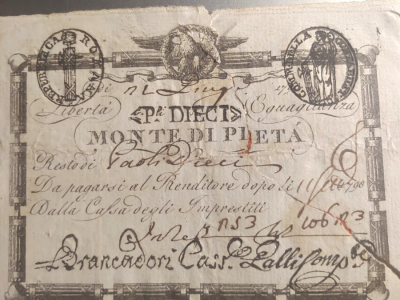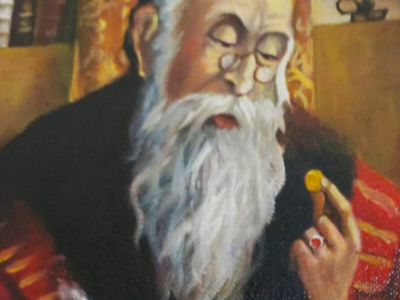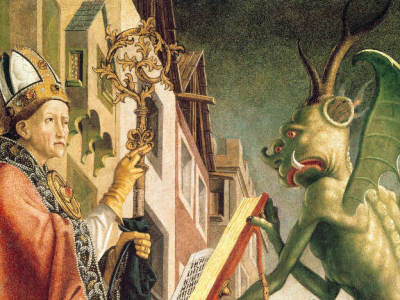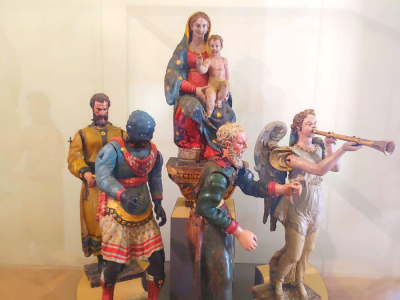La foire et le temple/15 - Les interdictions théologiques ont fait naître des solutions innovantes pour les commerçants et les intellectuels telles que les compagnies d'assurance et les universités.
par Luigino Bruni
Publié dans Avvenire le 14/02/2021
Depuis toujours la culture chrétienne consi...
stdClass Object
(
[article_layout] =>
[show_title] =>
[link_titles] =>
[show_tags] =>
[show_intro] =>
[info_block_position] =>
[info_block_show_title] =>
[show_category] =>
[link_category] =>
[show_parent_category] =>
[link_parent_category] =>
[show_associations] =>
[show_author] =>
[link_author] =>
[show_create_date] =>
[show_modify_date] =>
[show_publish_date] =>
[show_item_navigation] =>
[show_icons] =>
[show_print_icon] =>
[show_email_icon] =>
[show_vote] =>
[show_hits] =>
[show_noauth] =>
[urls_position] =>
[alternative_readmore] =>
[article_page_title] =>
[show_publishing_options] =>
[show_article_options] =>
[show_urls_images_backend] =>
[show_urls_images_frontend] =>
[spfeatured_image] => images/2021/02/14/210214-la-feria-e-il-tempio.png
[spfeatured_image_alt] =>
[post_format] => standard
[gallery] =>
[audio] =>
[video] =>
[link_title] =>
[link_url] =>
[quote_text] =>
[quote_author] =>
[post_status] =>
)
